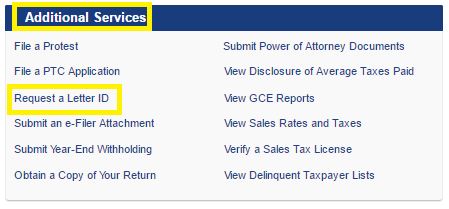
Do I Need a Lawyer for App Development ?
Do I Need a Lawyer for App Development ?
It’s easy to believe that all of the time and effort that goes into designing and creating an app is dedicated just to its development and construction. While this is generally true in the beginning stages of app development, you may have to deal with a headache later on if others try to steal your innovative ideas and creative work. It is upsetting to watch all of your hard work and money be wasted because your new software was not put through the proper legal process before it was launched on the app store. Hiring a lawyer for app development can help prevent unforeseen issues from derailing your success.
Things to Consider When Developing an App
Software Compliance
In the world of software and app development, regulatory compliance is viewed as one of the most critical concerns. Keeping things in balance, minimizing risks, and adhering to the laws now and in the future requires developers to be aware of the many industry-specific regulations regarding software development security. It also helps them stay in compliance with the most stringent rules, laws, legal texts, and legal landscapes and adjustments by having an awareness of this policy.
Privacy Issues
The privacy policy of an app is a statement that just about every app uses. Most countries have privacy regulations that require app developers to present app users with a privacy policy statement that they agree to in order to use the app. According to federal and state privacy rules, app developers may be held liable for any data that is shared or retained in their programs, so having a sound privacy policy is important.
Third-Party Services
Along with the privacy policy, another concern is the risk of third-party leaks of proprietary information throughout the development phase. NDAs (nondisclosure agreements) are essential to ensuring that other parties will retain confidential information. Legal aid may be required in the preparation of the NDAs required for approval of use of third parties and to make sure the third parties have contractual obligations not just to the developer, but the owner of the app as well.
Contracts to Protect You And Your Employees
Written contracts for app development are another part of app development that must not be overlooked. Proper legal contracts should be one of the first steps in establishing yourself as a professional developer who is serious about app development. Protecting yourself and the individuals you work with should be done with written contracts that include crucial documents like a Technology Assignment Agreement, Independent Contractor Agreement, Service or License Agreement, Privacy Policy, and an NDA. Decide who owns the code and what rights each owner has if held jointly. Having all the programmers transfer their code to a firm in exchange for a stake in the company, cash, or a future promise is another technique to consolidate title. But whatever you decide to do, put it in writing and have it reviewed by an experienced lawyer.
When Should I Hire A Lawyer for App Development?
Hiring a lawyer for app development should be done somewhere in between the initial idea for the app being discussed, especially with third parties, and before it becomes available to the public. It is not advised to release an app on any app store before seeking legal advice. Before hiring developers or other employees, it is advised to establish legally sound contracts that will protect the work that you have already put into the app and the ideas that belong to you.
Contact the Law Office of EC Lewis Today
For many years, Elizabeth Lewis worked in the Information Technology industry and has a deep understanding of the issues that face people when developing an app. If you’re in the process of developing an app, don’t hesitate to reach out for legal advice.







 A letter containing the “Letter ID” number will be sent by postal mail to the address on record with the Department (so
A letter containing the “Letter ID” number will be sent by postal mail to the address on record with the Department (so